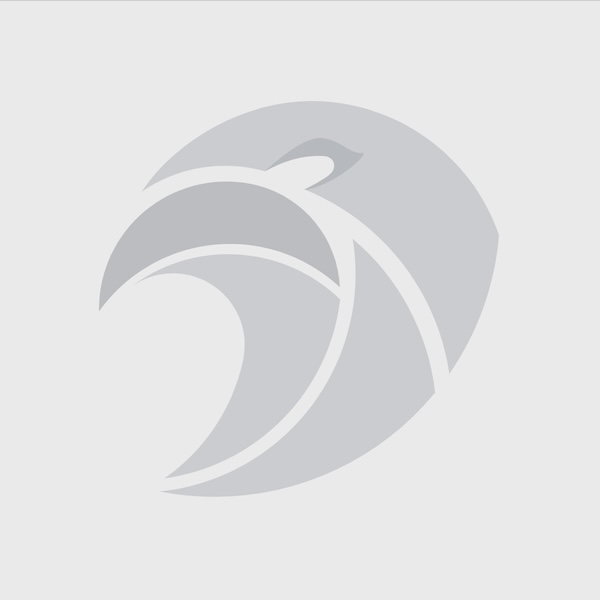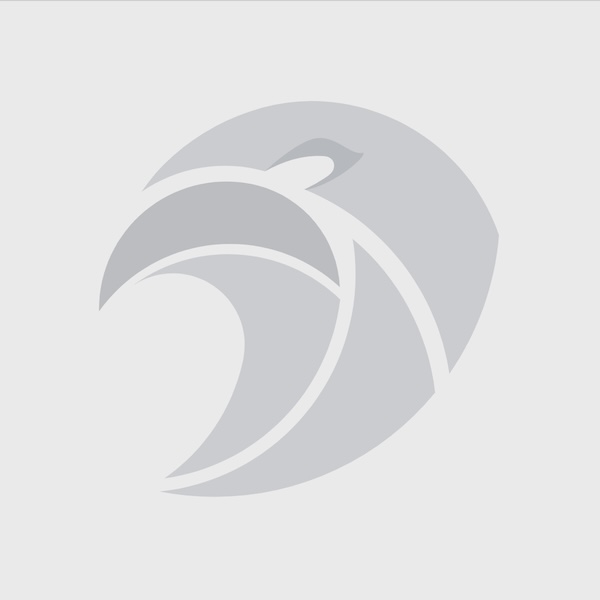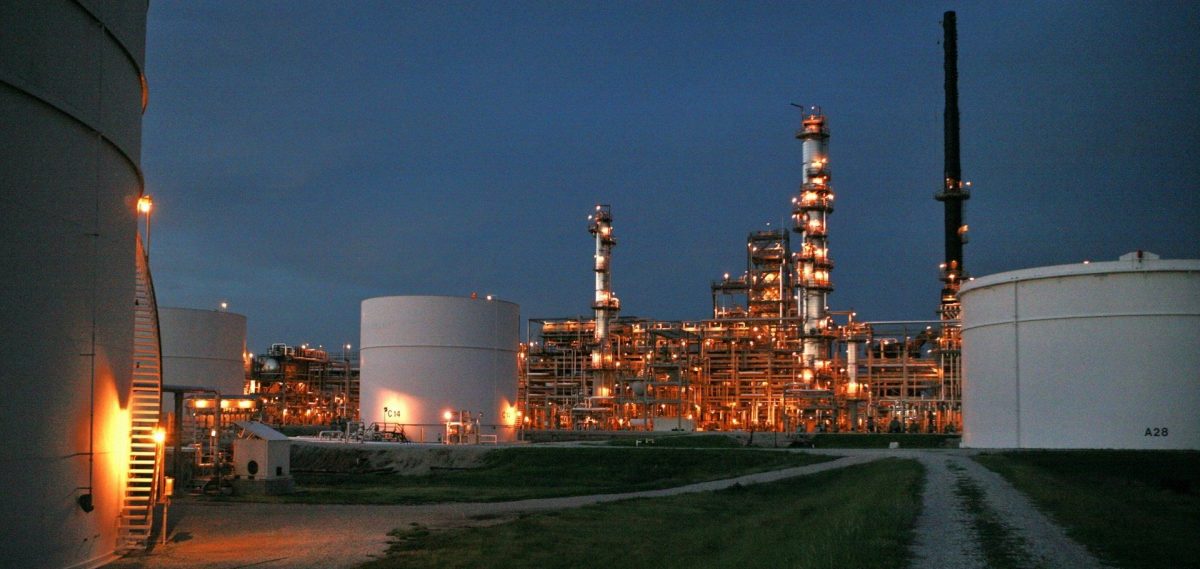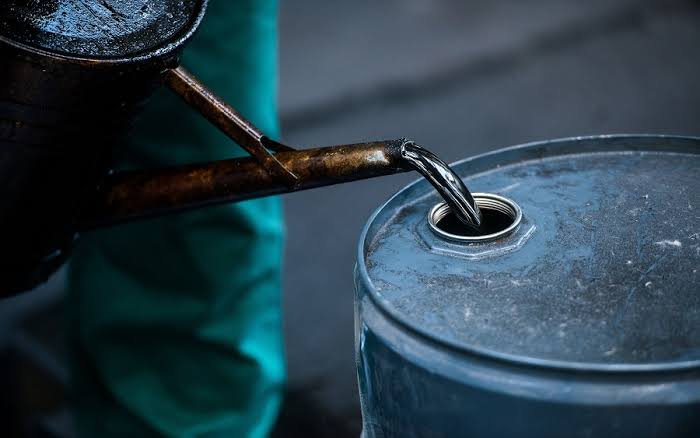AGO PORT HARCOURT DEPOTDEPOT PRICELIQUID BULK₦ 167.0SHORELINKSTOCKGAPNIPCO₦ 167.0SAHARA/BULK STRATEGIC₦ 168.0SIGMUND₦ 167.0AVIDOR₦ 167.0EVA₦ 167.0 CALABAR DEPOTDEPOT PRICENORTHWESTAMMASCOMAINLANDSAMON PETFYNEFIELDALKANESYSG (YOUNG SHALL GROW)₦ 167.0BLOKKS FRADOHYDEAZMAN/NIPCO₦ 167.0UGO HANNAH WARRI DEPOTDEPOT PRICERAINOIL OGHARA₦ 162.0NEPAL OIL₦ 162.5PRUDENT OGHARA₦ 163.0MATRIX₦ 162.0CYBERNETICSTAURUS₦ 162.5OTHNIEL BROOKS₦ 166.0OPTIMA₦ 164.0PINNACLEFRADROAYM SHAFA LAGOS DEPOTDEPOT PRICEAFRICA TERMINALS₦ 155.0IBACHEM₦ 156.0IBETO₦ 156.0MRS₦ 160.0LEIGHTEN PETINDEX₦ 155.0ETERNA₦ 155.0FOLAWIYO₦ 160.0OBAT₦ 162.0CHIPET₦ 156.0RAHAMANIYYA₦ 154.0A...
Day: September 23, 2020
BREAKING: NLC Vows To Shutdown Nigeria From Next Monday, Protest Fuel, Electricity Price Hike
The Nigeria Labour Congress has vowed to proceed with its planned strike and protest with effect from September 28 following the failure of the Federal Government to reverse the hike in electricity tariff and fuel price.
Rising from its National Executive Council meeting in Abuja a few minutes ago, the NLC President, Ayuba Wabba, said the proposed action by the organised labour would proceed from next week.
He stated that the decision was unanimously taken by the chairmen of the 36 states and FCT chapters of the NLC.
Since the hike in petrol price, the federal government has tried to justified the increment, insisting the price remains one of the cheapest in Africa.
Lai Mohammed, the Minister of Information and Culture, joined at a briefing by the Minister of Power, Sale Mamman; and the Minister of State for Petroleum Resources, Timipre Sylva said, “In spite of the recent increase in the price of fuel to N162 per litre, petrol prices in Nigeria remain the lowest in the West/Central African sub-regions.
“Below is a comparative analysis of petrol prices in the sub-regions (naira equivalent per litre): Nigeria -N162 per litre; Ghana -N332 per litre; Benin -N359 per litre; Togo – N300 per litre; Niger – N346 per litre; Chad -N366 per litre; Cameroon -N449 per litre; Burkina Faso -N433 per litre; Mali -N476 per litre; Liberia – N257 per litre; Sierra Leone -N281 per litre; Guinea -N363 per litre; and Senegal – N549 per litre.
“Outside the sub-region, petrol sells for N211 per litre in Egypt and N168 per litre in Saudi Arabia.

“You can now see that even with the removal of subsidy, fuel price in Nigeria remains among the cheapest in Africa.”
President Buhari also justified the increase as he hinged it on the effects of the COVID-19 pandemic.
He said, “The COVID-19 pandemic has led to a severe downturn in the funds available to finance our budget and has severely hampered our capacity.
“One of the steps we took at the beginning of the crisis in March when oil prices collapsed at the height of the global lockdown was the deregulation of the price of Premium Motor Spirit such that the benefit of lower prices at that time was passed to consumers.
“This was welcome by all and sundry. The effect of deregulation though is that PMS prices will change with changes in global oil prices.
“This means quite regrettably that as oil prices recover we would see some increases in PMS prices. This is what has happened now. When global prices rose, it meant that the price of petrol locally will also go up.

“There are several negative consequences if government should even attempt to go back to the business of fixing or subsidising PMS prices.
“First of all, it would mean a return to the costly subsidy regime. Today we have 60 per cent less revenues, we just cannot afford the cost.
“The second danger is the potential return of fuel queues – which has, thankfully, become a thing of the past under this administration.
“We do not have the resources at this point to continue in this way and it will be grossly irresponsible to borrrow to subsidise a generation and distribution which are both privatised.
“But we also have a duty to ensure that the large majority of those who cannot afford to pay cost reflective tariffs are protected from increases.
“NERC, the industry regulator, therefore approved that tariff adjustments had to be made but only on the basis of guaranteed improvement in service.”

